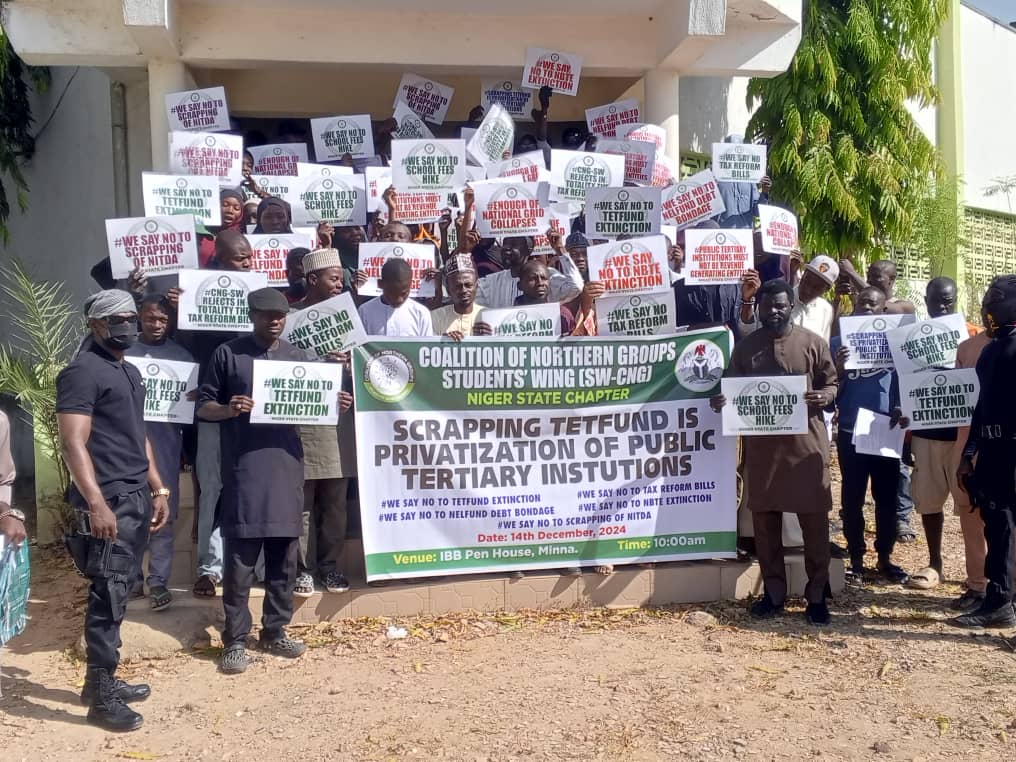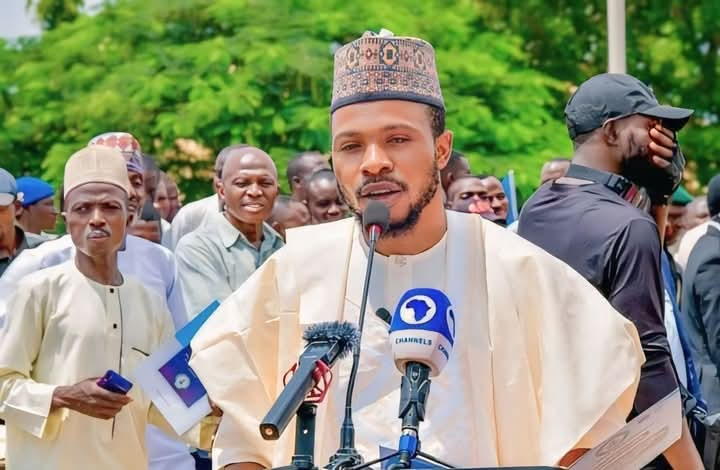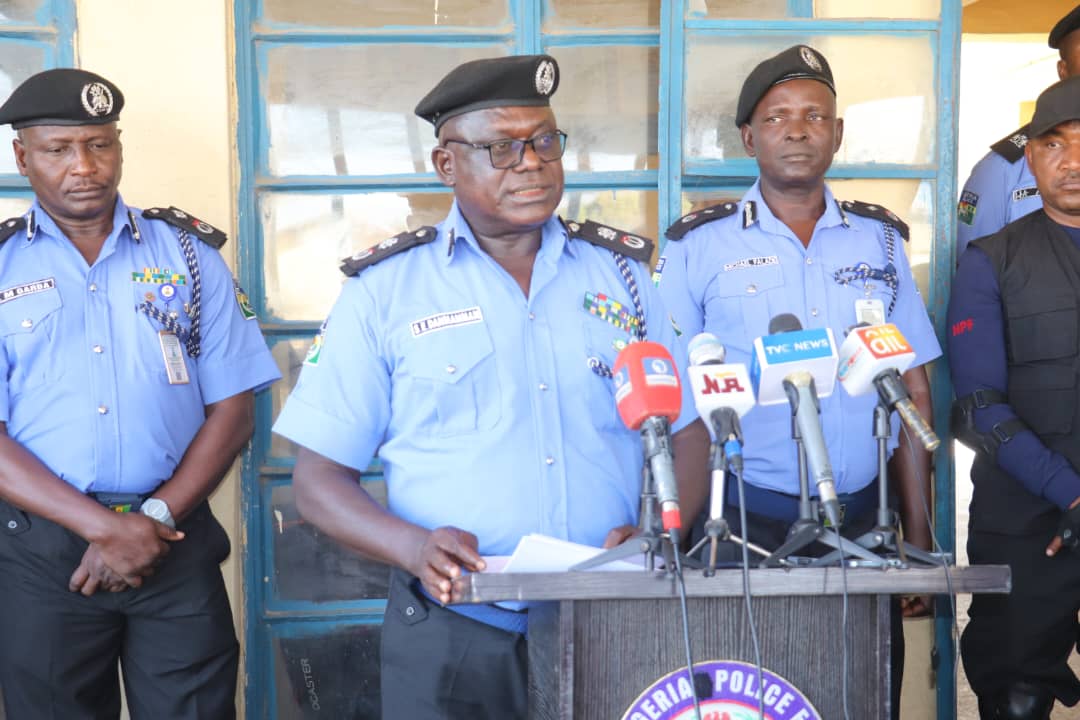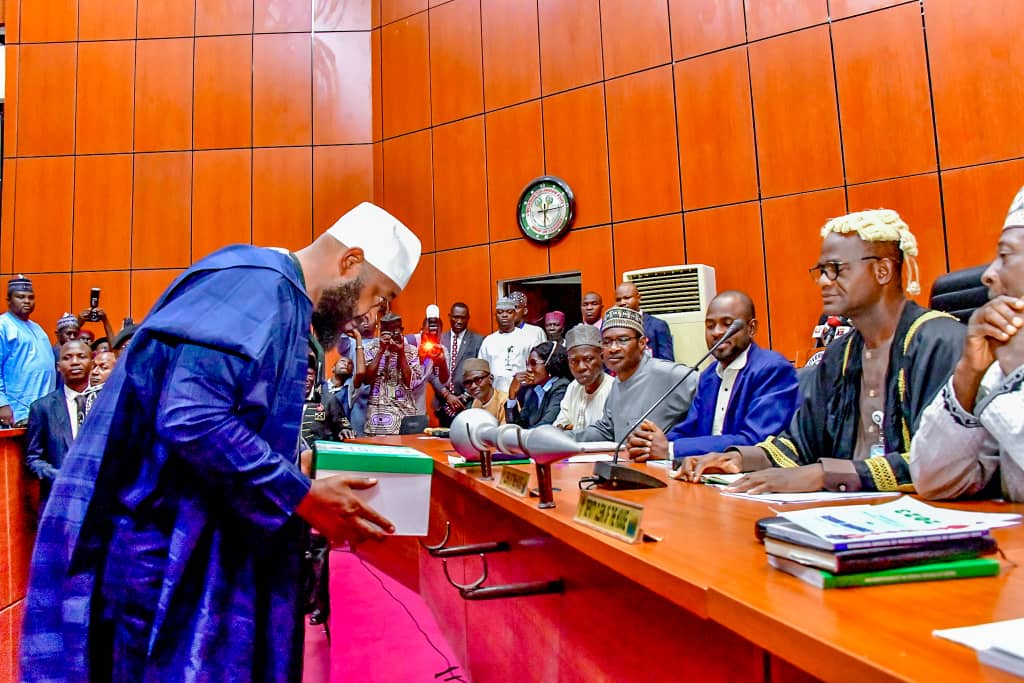Tinubu, please roll out palliatives now
There is no doubt now that Nigerians are a resilient bunch. The present hardship, as a result of the removal of fuel subsidy, has made it clear that we have very thick skins and can endure whatever fate throws at us. However, it is very unfair for our leaders to take advantage of it and heap all manner of unpalatable things on us.
Many of us have suddenly woken up to the reality that it can no longer be business as usual. Some of my friends have now resorted to taking public transport as a way out, as it is simply not economical to cruise around town. In fact, the only time they go out with their vehicles is when it is most convenient. Like whenever the whole family has to go out together or for school runs.
One Igbo businessman parked his car for good and got himself a second-hand motorcycle (rubber rubber). But the man I envied most is our production manager, a sporty fellow. The other day, he rode to work on a bicycle, and I immediately got him to teach me how to ride one too. But it turned out to be a fruitless effort. I guess I was too rusty, lacked the stability required for cycling, or was simply too old to begin to learn. Whatever the case may be, I truly regret that I cannot ride a bicycle at a time like this.
Cycling has numerous benefits. It is not surprising that Nigerians have been advised to embrace cycling as an alternative mode of transportation, especially now that the fuel subsidy regime has ended. Mr. Joshua Adekanye, Oyo State Sector Commander, Federal Road Safety Corps (FRSC), gave the advice at the 2023 World Bicycle Day celebration in Ibadan recently. He also noted that as more Nigerians ride bicycles, carbon emissions from vehicles will be drastically reduced.
In a lighter mood, the story went viral of the University of Maiduguri student who rode to the campus on a donkey to attend lectures as a way of solving the subsidy 'wahala'.
The point I'm making here is that Nigerians are doing whatever it takes to adapt to the hardship created by the removal of fuel subsidy. Therefore, it is not fair that the much-awaited palliative measures are taking too long to arrive. The subsidy regime came at us suddenly, and very few were prepared for it.
The truth is that many Nigerians cannot cope with the situation any longer. As expected, the increase in the pump price of petrol led to hikes in the prices of every other commodity. It has, in turn, led to the complete erosion of the purchasing power of most Nigerians. This is also expected since our economy is already bedevilled by a rising tide of inflation even before the removal of fuel subsidy.
The best way to go about policies with dire consequences for the wellbeing of the populace is to plan for how to mitigate their possible impact before implementing them. President Bola Ahmed Tinubu may be forgiven for hastily removing fuel subsidies because he is new and eagerly wanted to stop the astronomical drain of subsidy on our economy. However, it is unfair for the Tinubu administration to be dragging its feet with regard to palliatives in the face of the extreme level of poverty being experienced by Nigerians.
So far, organised labour has shown great understanding of the need to support the new administration in its effort to take Nigeria out of the woods. This is also not lost on ordinary Nigerians, who are bravely facing the unpalatable consequences of fuel subsidy removal. The message is loud and clear: everyone wants Tinubu to succeed. Hopefully, President Tinubu will take advantage of this massive goodwill to ensure that Nigeria grows and develops.
Meanwhile, Tinubu should roll out the palliative measures already. Fuel prices have almost tripled; therefore, increases in salaries and allowances shouldn't be less than that.
There is no denying that most Nigerians are in need of economic empowerment; the situation into which the recent subsidy removal has plunged them is dire and desperate. Yet, some so-called big men still move about, flaunting obscene wealth that can only come from high-level corruption. This is not only sad but quite provocative.
It is very difficult to reconcile the fact that nowadays people steal billions, even trillions, of naira, yet the majority of our countrymen still find it difficult to have a decent living.
It is not in contention that the astronomical increase in subsidy payments, especially in recent years, is a result of corruption in the oil sector. And even from what the government is saying, it is clear that it is the failure of our leaders to curb corruption in the oil sector that has made it necessary to remove subsidy as a way out, since corruption has made the burden of subsidy payments simply unbearable for the government.
As usual in Nigeria, it is the masses that bear the burden. The sad truth, however, is that this time around, they may not survive. Something needs to be done quickly. Please let us begin to feel the effect of subsidy removal already; let us see it in the improvement of our standard of living. But of utmost urgency, roll out the palliatives fast so that we will not die of penury.
 556
556
 10
10






.jpg)


